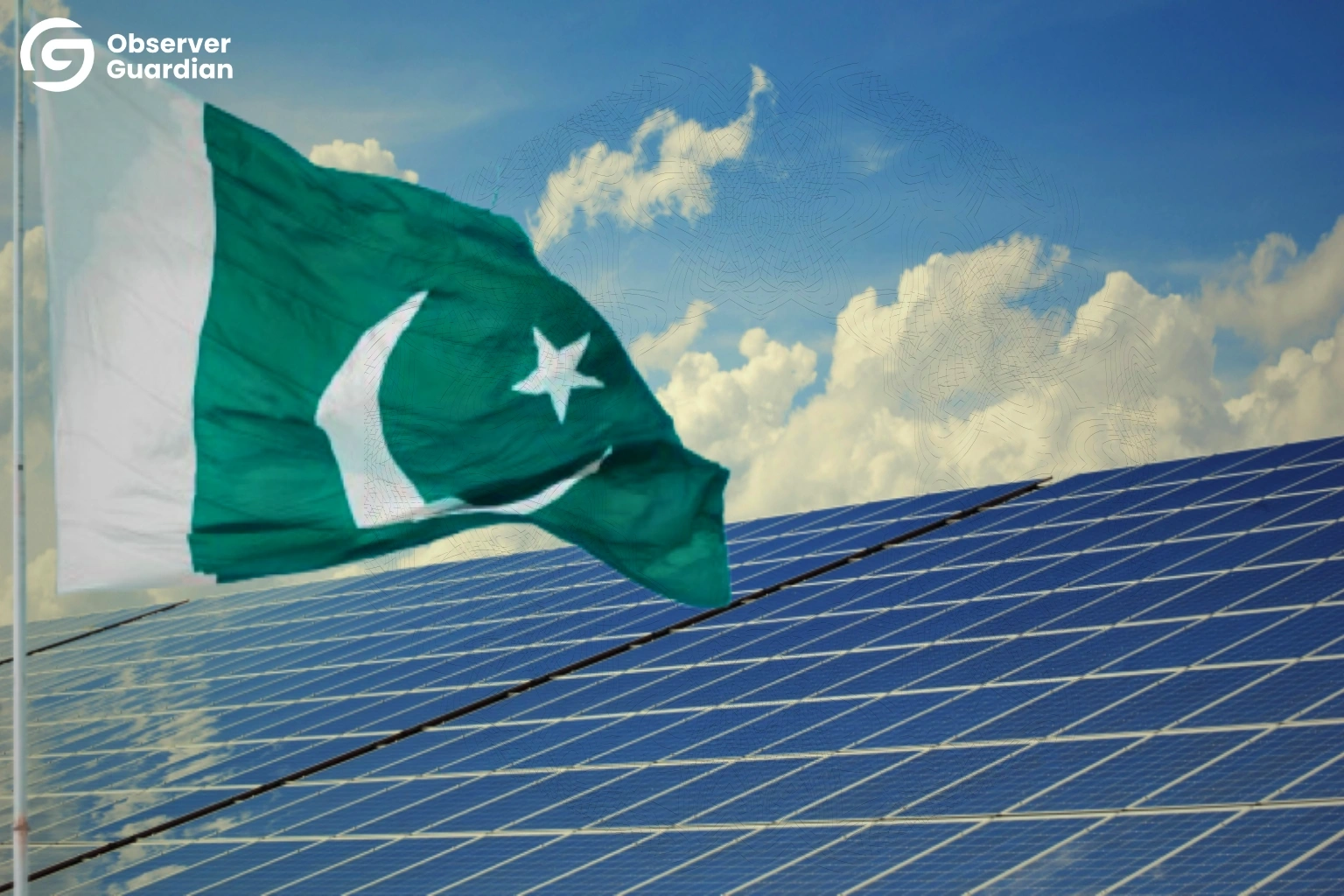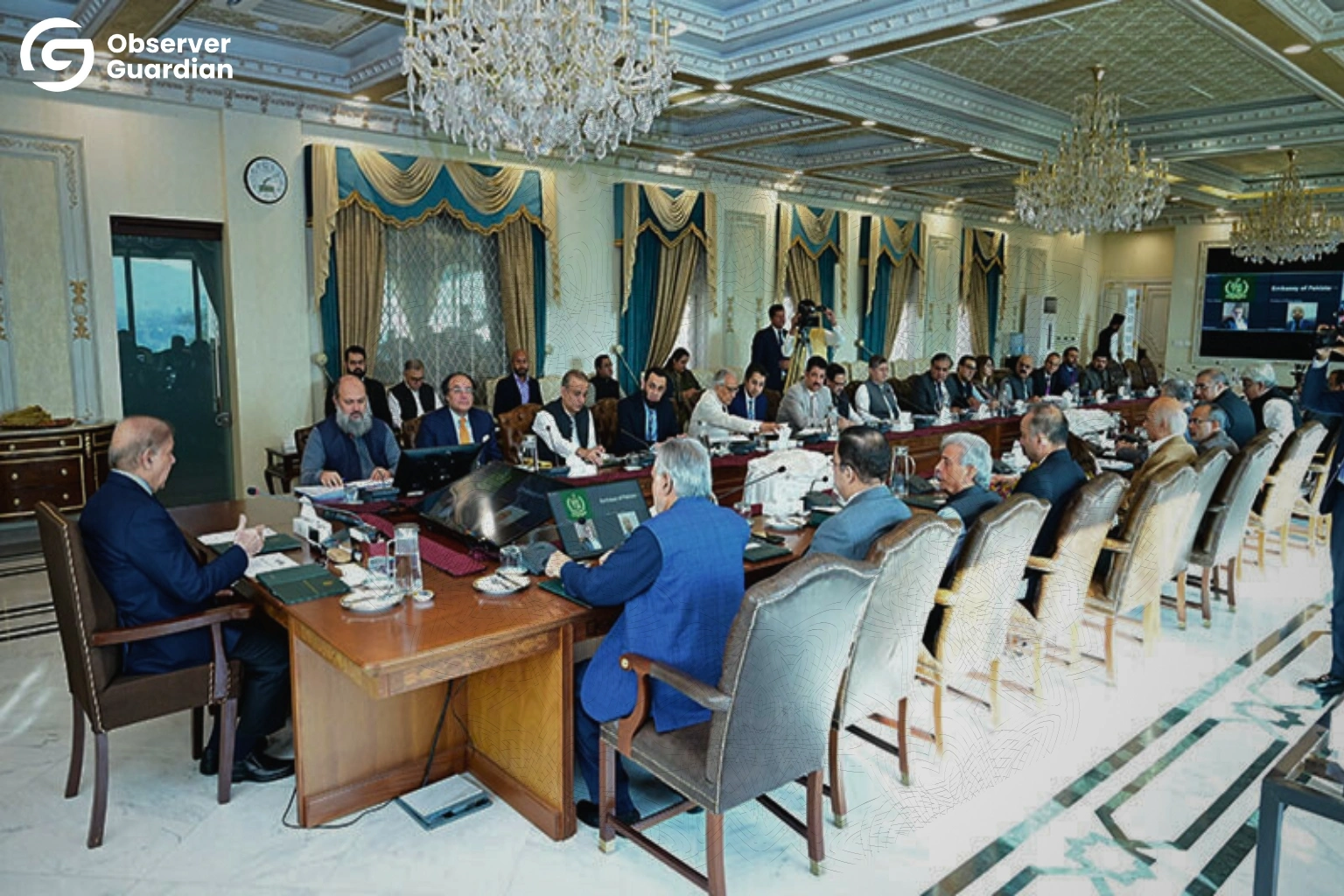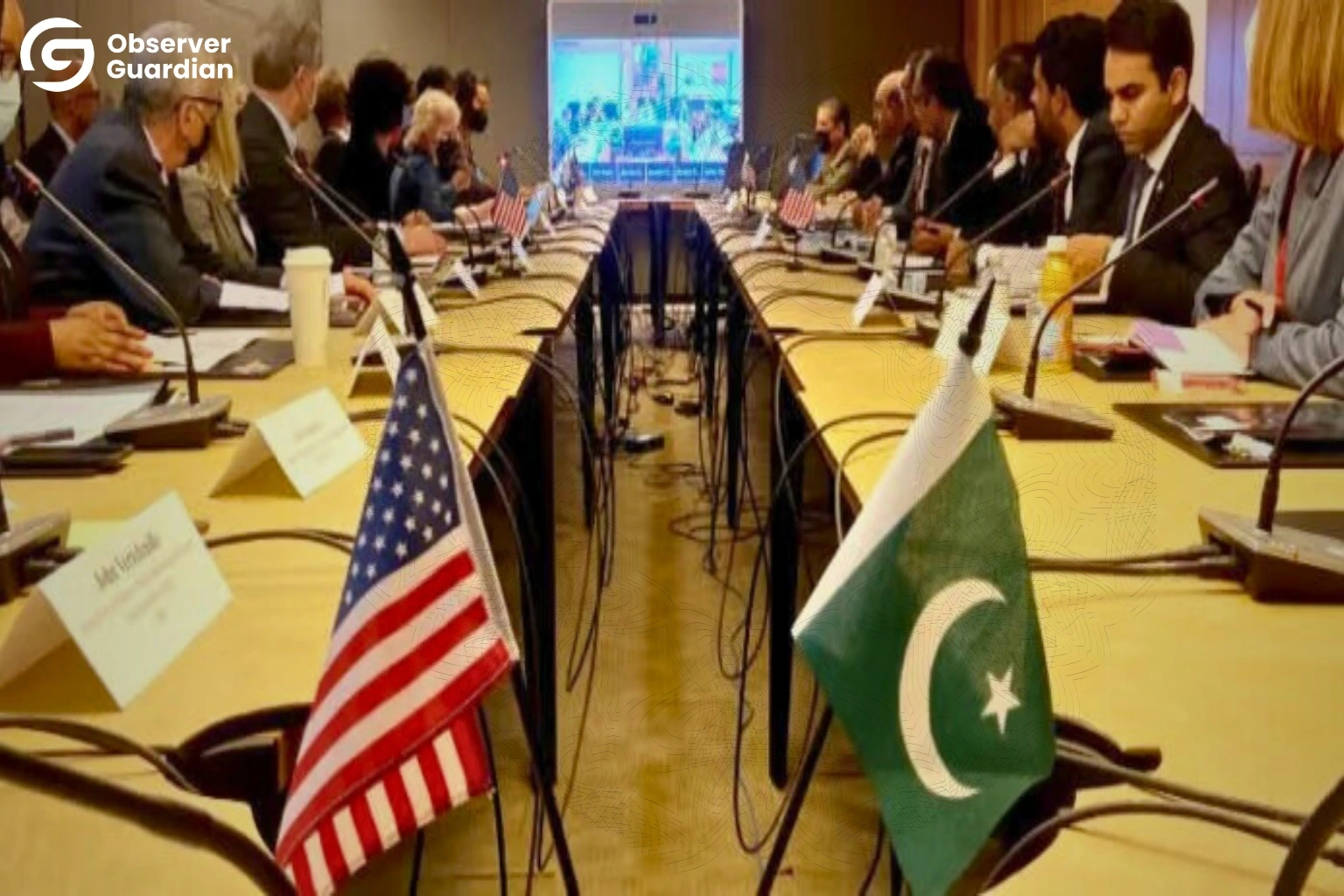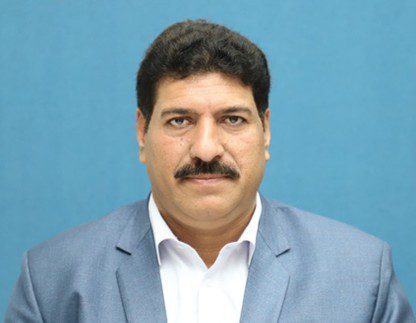The transformation of the diplomatic approach of Pakistan in 2025 is motivated by the calculated change of focus in terms of trade based relations, sustainability, and soft power projection.
The diplomacy of Pakistan is no longer reactive. In fact, it is becoming a proactive tool.
It is also what the country is employing not only to make a stronger economic presence in the country, but also to rebrand its image from a security centric to an investment, culture and resilience centered state.
Increasing Trade and Market Access
The recent diplomatic victories in Pakistan are characterized by an evident emphasis on economic collaborations. The United States’ ruling to concede seafood export permission till 2029, worth about 600 million annually, is among the most concrete ones. It is not only a milestone in terms of finance, but also it is a confirmation of the increasing adherence to the international standards of sustainable development and quality in Pakistan. In ensuring that it has good trade practices, and that it is modernizing its fisheries industry, Pakistan is also becoming a trustworthy exporter of seafood in the international market.

Another step in the right direction is at the provincial level in Punjab, the Memorandums of Understanding (MoUs) with France for the development of Special Economic Zones (SEZs). These pacts are not all about investment, but a model of long term industrial cooperation, transfer of technology, and creation of employment opportunities. So, the participation of France is also an indicator of confidence in the subnational government in Pakistan and attempts at expanding provincial control to more economic actors.
Organizational Accomplishment and Economic Security
Moreover, this economic confidence is being reflected in the domestic financial institutions. The fact that the Bank of Punjab made record profits highlights that the financial sector is stabilizing and growing against the global economic headwinds. This kind of performance is an indication of flexibility as well as better regulation in the banking ecosystem of Pakistan. It also reinforces the argument that the development of Pakistan is being driven within the country, and not necessarily by aid or foreign loans.
Concurrently, the World Bank and the International Finance Corporation (IFC) have committed to providing development and growth to the private sector worth forty billion dollars. The concessional loans that are offered by the World Bank are pegged on some urgent sectors of the economy, such as education reformation and climate resilience, whereas the IFC package of 20 billion dollars is directed towards small and medium sized businesses (SMEs), which is the main component of the domestic economy in Pakistan. This state owned and privately financed combination is a well balanced one, consisting of massive investments in infrastructure and human capital, as well as grassroots based agile entrepreneurship.

Diplomacy Based on Trade and Investment
Further, what is coming up is a new frontier in the foreign policy priorities of Pakistan. Its international agenda has been placed on trade diplomacy. Pakistan is now trying to position itself as an investment oriented and reform based partner, instead of finding an aid relationship that is transactional. Its message to the world is in terms of economic opportunity, connectivity and sustainability.
Thereby, marking a defining shift that Pakistan is reframing its global narrative from dependency to partnership.
This repositioning is not a tactic, it is a life changer. Thus, trade led growth is one of the ways through which a nation with pressures of climate and a high number of youths can be stabilized.
Besides, trading as diplomacy also means that Pakistan is diversifying its world relationships. This means it is balancing the relationship with old allies such as the United States, whilst strengthening relationships with the European, Middle Eastern, and Asian markets. Such diplomatic games argue that it is moving towards a more multipolar model of economic engagement, where the role of Pakistan is characterized by pragmatism and mutual benefit, and not dependency.
Soft Power in Action
Simultaneously with its trade diplomacy, Pakistan is making more investments in soft power projects, such as cultural diplomacy, interfaith dialogues, and environmental projects, to reform global attitudes. Through the heritage restoration initiatives with the assistance of UNESCO, and through the green diplomacy focus on reforestation and renewable energy, Pakistan is developing a story that links sustainability and national identity.
The influence is also being imposed by cultural exports quietly. Pakistani fashion, film and music are also spreading abroad, and tourism campaigns on the natural scenery and religious sites, are also welcoming a wider range of viewers. Such attempts allow humanizing Pakistan on a global scale and forgetting about its problems, focusing on its creative and cultural diversity.
Soft power also penetrates the interfaith harmony programs, which again is the area where Pakistan has a very special chance to shine as a role model. Religious tolerance, community service, and cross cultural exchange initiatives do not only create goodwill with other countries, but also enhance social cohesion within the country, and this is a key element of the success of peace and prosperity in the long run.
Establishing a Trustworthy International Reputation
Additionally, a combination of these developments highlights the efforts of Pakistan to demonstrate its credibility, as a reform oriented and responsible actor in the international system. The story 2025 is not crisis management but transformation, a deliberate effort to move in the direction of growth via diplomacy. The maturity of the country is seen in its economic and cultural extension, which is neither too realistic nor pessimistic.
Besides, it is the mixture of hard and soft power or what scholars call smart power, which will characterize the next chapter of the foreign involvement of Pakistan. Through harmonizing trade, sustainability, and culture in a single coherent strategy, Pakistan is showing the world that diplomacy can be used in developing a country, rather than in geopolitics only.
Hence, the future of diplomacy in Pakistan therefore is one of confidence and credibility. The country’s trade diplomacy is yielding actual outcomes with its continued exports of seafood, strategic MoUs, increasing financial performance, and institutional support by the global community. Simultaneously, its cultural and green efforts are also boosting up its international reputation, which shows that economic power and soft power can support a country’s development.
Lastly, at present, Pakistan is not only listening to be heard, but it is learning to build discourses that are based on partnership, progress, and mutual prosperity.
⚠ Disclaimer
The views and opinions expressed in this article are exclusively those of the author and do not reflect the official stance, policies, or perspectives of the Platform.








